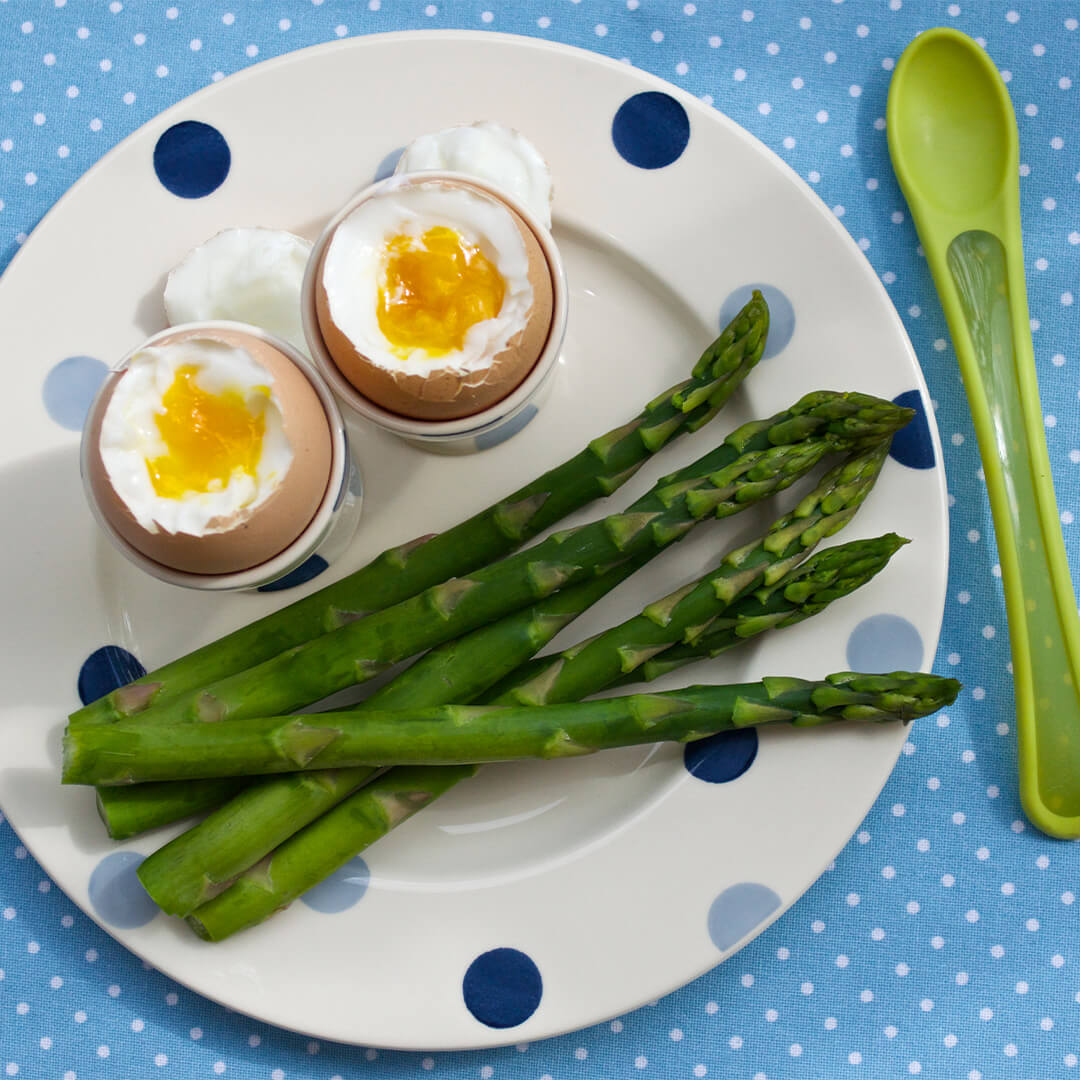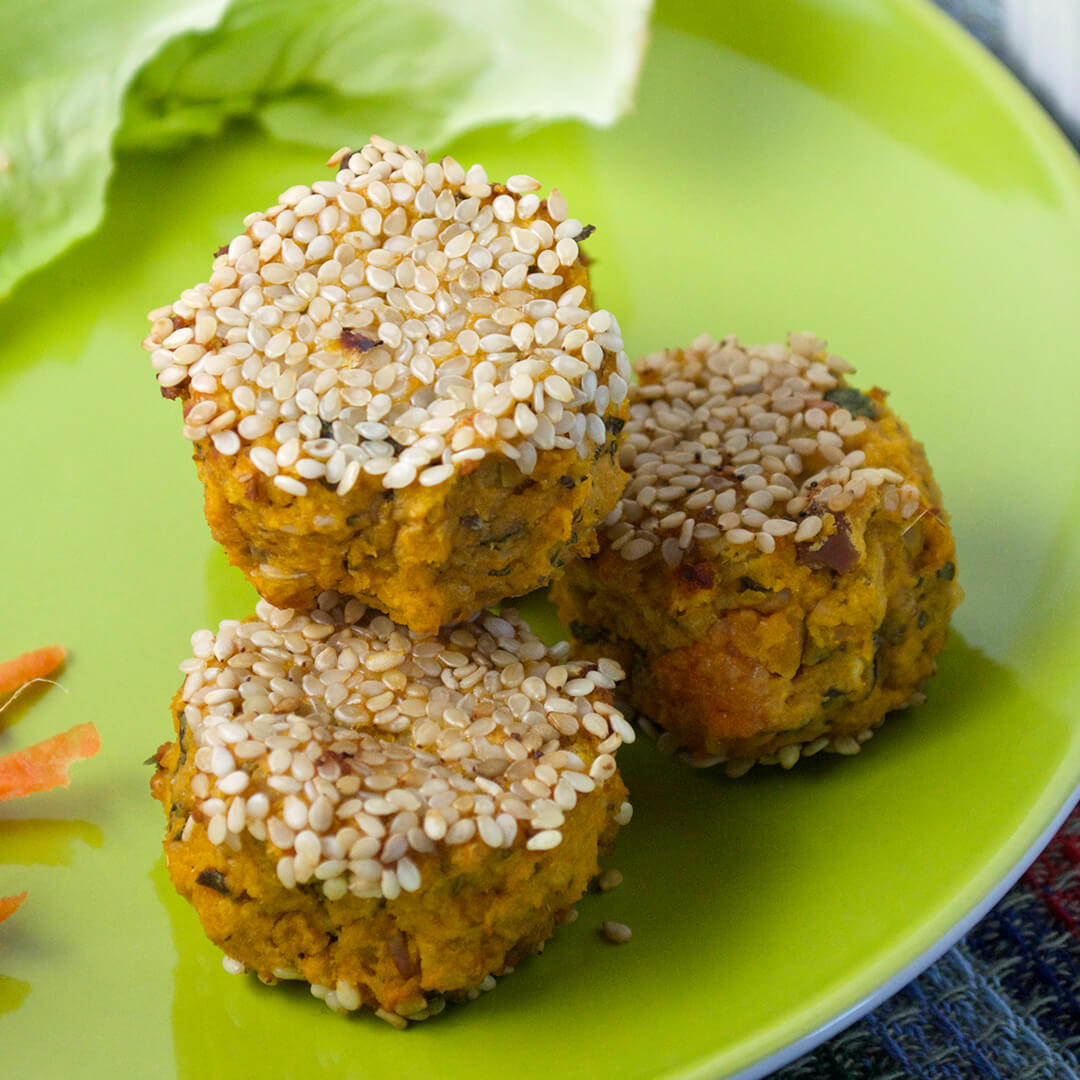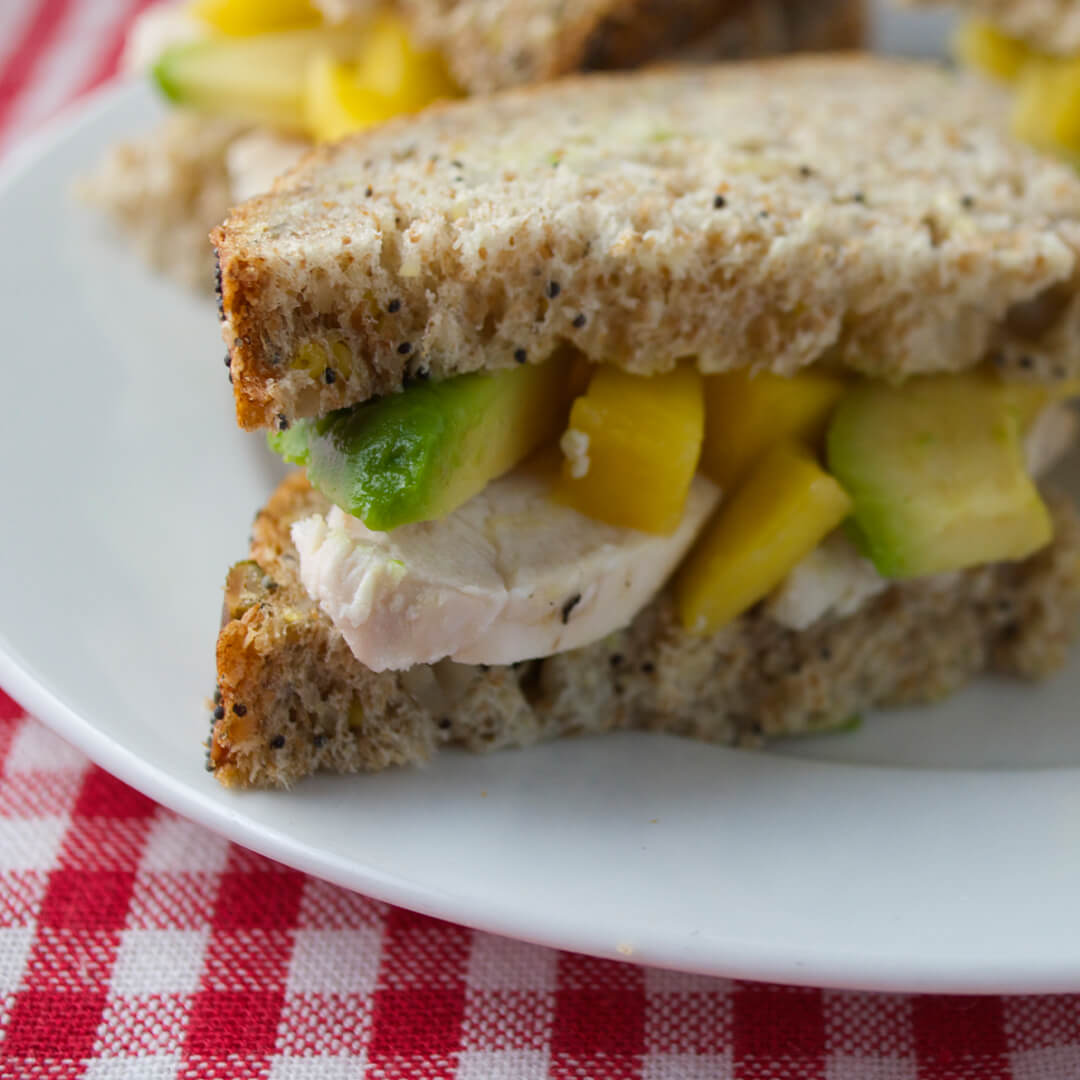1min
How many calories do toddlers need daily?
Young children live a very active lifestyle and are growing and developing at an alarming rate. The energy they require aids rapid growth, brain development, development of immunity, rapid recovery following infection and physical activity. Their dietary needs also vary considerably to that of an adult. For little ones aged 1-3 a guide of 1,165-1,230 calories is suggested, but remember each little one is different.






